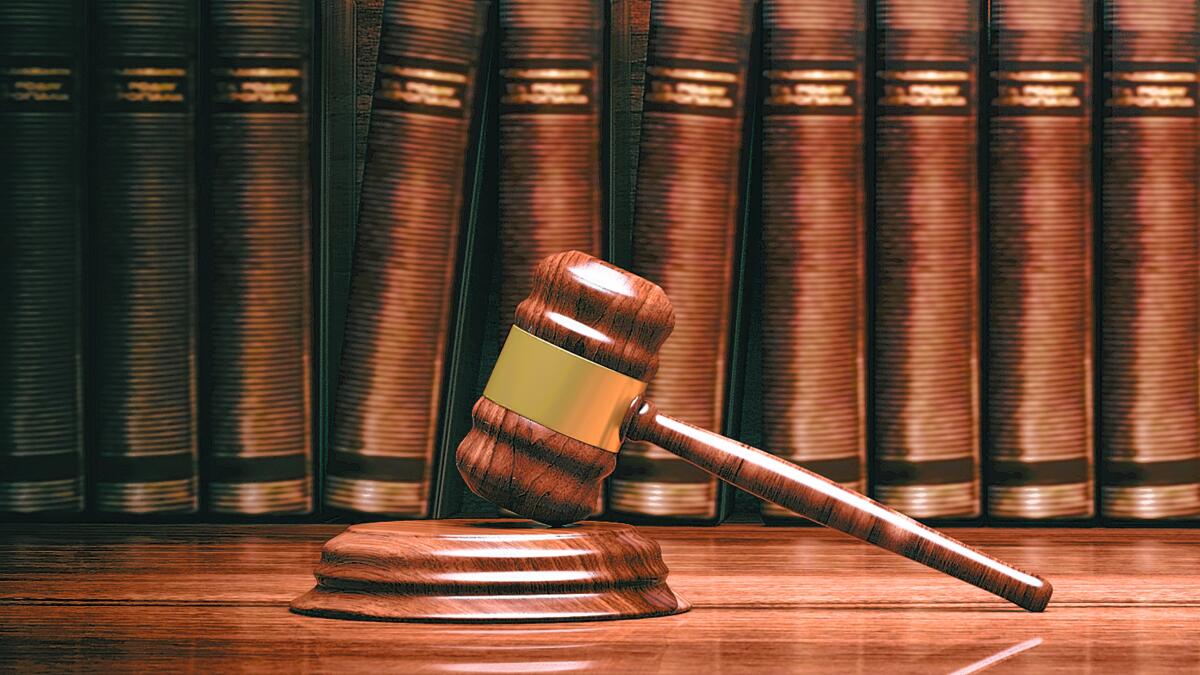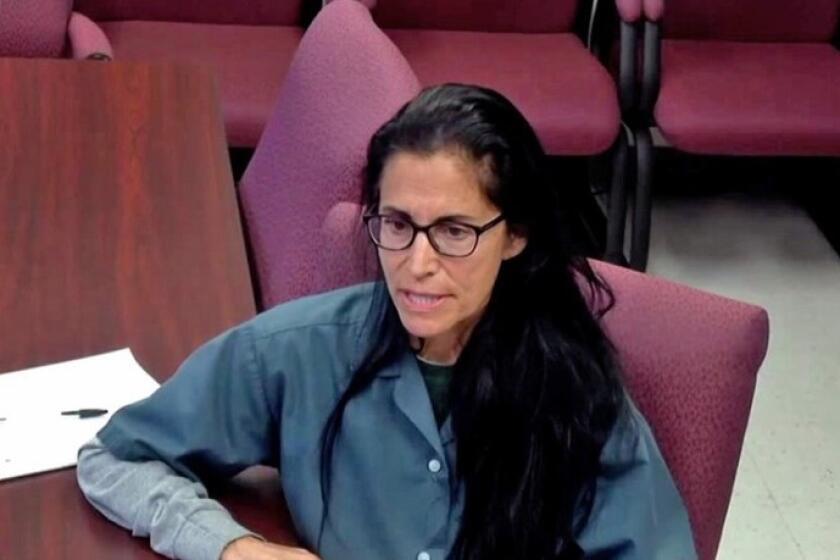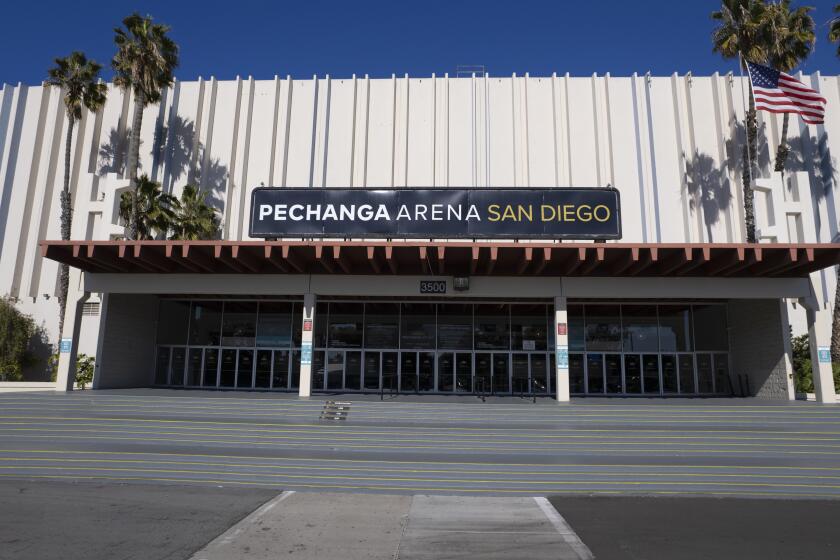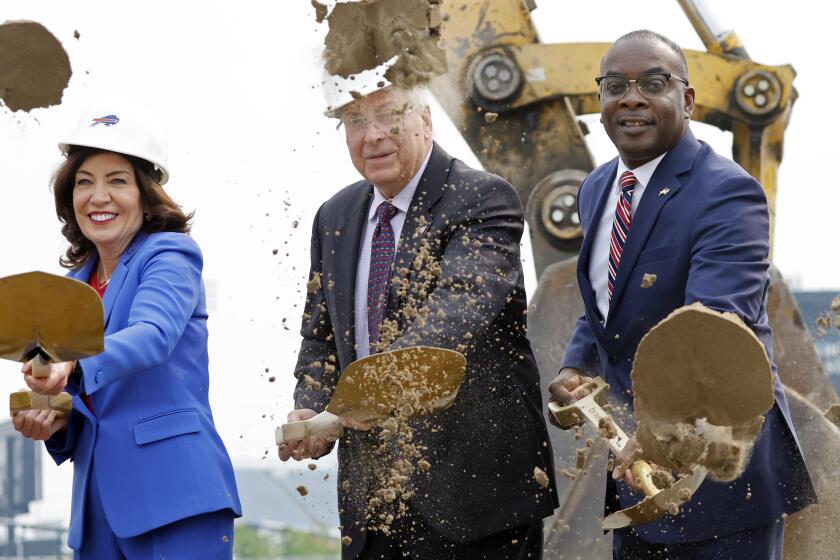Making sense of recent rulings on workplace vaccination mandates

The Law at Work
The U.S. Supreme Court and other courts in California and elsewhere have issued rulings in recent weeks on government-imposed vaccine mandates. Some rulings have upheld vaccine mandates, others have blocked them. This is how the law has led courts in three cases to different outcomes on substantively similar mandates.
L.A. federal judge upholds L.A. city employee vaccination mandate
Hours after the U.S. Supreme Court heard argument on challenges to two federal COVID-19 mandates on Jan. 7, Los Angeles federal judge R. Gary Klausner rejected constitutional and statutory challenges to a Los Angeles ordinance setting a deadline for all city employees to be vaccinated against COVID-19, subject to certain exemptions. Thirteen LAPD employees sued to block the mandate.
Judge Klausner noted that courts generally reject constitutional challenges to actions the government takes as an employer if those actions are reasonably related to a legitimate government interest, in this case its interest in stopping the spread of COVID-19. Judge Klausner found the mandate met that test. He rejected the employees’ claim that the ordinance violated their right to privacy under the California state constitution by forcing them to disclose private medical information and receive unwanted medical treatment.
Judge Klausner similarly concluded the ordinance did not violate the U.S. Constitution by arbitrarily depriving the employees of their liberty. He observed that the Supreme Court “has long rejected a fundamental right to refuse vaccination.” The judge noted the employees’ reliance on scientific studies, contrary to the views of public health officials, that the vaccines are less effective than the natural antibodies obtained from having previously had COVID-19. But the due process clause, said the judge, “does not require scientific consensus to justify government action.”
Supreme Court blocks OSHA vaccine mandate, upholds Medicare/Medicaid officials’ mandate
On Jan. 13, the U.S. Supreme Court issued split rulings in cases challenging the authority of different sets of federal government officials to mandate vaccination against COVID-19 vaccination. The question in each case was whether the agency officials had exceeded the authority Congress had given them.
OSHA mandate
The high court blocked the U.S. Occupational Safety and Health Administration’s (OSHA) emergency rule requiring large employers to ensure their workforces were vaccinated against COVID-19, with the option of allowing unvaccinated employees regularly to test for COVID-19 and wear masks at work. OSHA relied on a federal law authorizing the agency to act where “employees are exposed to grave danger from exposure to substances or agents determined to be toxic or physically harmful or from new hazards.”
The court ruled that Congress had authorized OSHA only to regulate workplace hazards, not the general public health hazard COVID-19 presents beyond the workplace. OSHA exercised power Congress had not given it.
Medicare/Medicaid mandate
The same day it blocked the OSHA mandate, the Supreme Court upheld a mandate issued by the Secretary of Health and Human Services. The secretary issued a rule that conditioned a facility’s receipt of federal Medicare and Medicaid funds on ensuring that all members of its staff were vaccinated against COVID-19, unless exempt for medical or religious reasons. The secretary relied on a federal law authorizing him to condition a facility’s participation in these programs on such “requirements as [he] finds necessary in the interest of the health and safety of individuals who are furnished services in the institution.”
The court concluded that the rule “fits neatly within the language of the statute. After all, ensuring that providers take steps to avoid transmitting a dangerous virus to their patients is consistent with the fundamental principle of the medical profession: first, do no harm.”
The Supreme Court ended its ruling in that case with an observation that reinforced its ruling in the OSHA case. “The challenges posed by a global pandemic do not allow a federal agency to exercise power that Congress has not conferred upon it. At the same time, such unprecedented circumstances provide no grounds for limiting the exercise of authorities the agency has long been recognized to have.”
Making sense of rulings
In evaluating the enforceability of a particular vaccine mandate imposed by a federal, state, or local government entity, courts do not apply one law or set of laws to all circumstances. One law does not fit all. Constitutional restraints on, and authorization of, the exercise of government power apply in every case. Courts will approve federal, state, and local government officials’ exercise of all the power applicable law gives them to combat the pandemic, but also only the power applicable law gives them to combat the pandemic.
Dan Eaton is a partner with the San Diego law firm of Seltzer Caplan McMahon Vitek where his practice focuses on defending and advising employers. He also is an instructor at the San Diego State University Fowler College of Business where he teaches classes in business ethics and employment law. He may be reached at eaton@scmv.com. His Twitter handle is @DanEatonlaw
Get U-T Business in your inbox on Mondays
Get ready for your week with the week’s top business stories from San Diego and California, in your inbox Monday mornings.
You may occasionally receive promotional content from the San Diego Union-Tribune.





